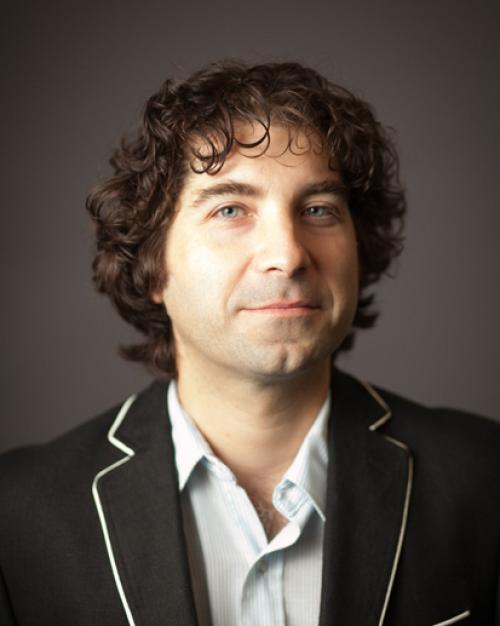“What one cannot compute, one must poetize,” concludes a new interdisciplinary study of poetry, “Poetry and Mind: Tractatus Poetico-Philosophicus,” by Laurent Dubreuil, professor of comparative literature and Romance studies, and a member of the cognitive science program.
While not a direct sequel to Dubreuil’s previous book, “The Intellective Space,” his new work shows how we are able to bypass cognition, especially through poetry, to reach the “intellective” (mental) space where we can think beyond our usual limits. “Through and with poetry, we are using the normal regimes of thought and bypassing them at the same time. Showing that is the overarching goal of the book,” Dubreuil said.
“Poetry and Mind” demonstrates how poetry – a widespread and perhaps universal phenomenon among humans – arises through syntactic structures, cognitive binding and mental regulations, but that, in going through them, it also exceeds them, according to Dubreuil. “What happens to us with poems challenges what we believe we know about cognition. It eloquently shows there are more than rules and operations in thinking but also that such excess can only derive – and derail – from routines, patterns and automation,” Dubreuil writes.
Dubreuil has included poetry from every continent, covering almost 100 poetic systems and encompassing dozens of different traditions, oral or written, from ancient times to the contemporary era. Dubreuil reads a dozen languages himself, and included close analyses of poems in 20 languages in “Poetry and Mind,” a feat of comparative literature rarely attempted.
In a rebuke to the Eurocentric model of poetic analysis, Dubreuil demonstrates that a rule for creating poetry that would be absolutely fundamental in one language may be entirely marginal in another. “Each language creates new norms for poetry, but these norms are not the end of poetry, they are the reason why poetry exists,” he said.
For example, said Dubreuil, in some poetic systems, the iconicity of sounds – the correspondence between form and meaning – is a rule, while in other systems it’s an add-on. But the melody of poetry spoken aloud is usually recognizable regardless of whether you understand the language. “This something that makes it poetry is not contained in the words or syntax or this something would not reach you when listening to other languages,” he said. This commonality across cultures has led Dubreuil to believe that poetry was one of the first arts.
For “Poetry and Mind,” Dubreuil employs a literary style patterned on “The Tractatus Logico-Philosophicus” by Austrian philosopher Ludwig Wittgenstein. Rather than straight prose, Dubreuil’s work consists of declarative statements hierarchically numbered, with each sub-level a comment on or elaboration of the statement at the next higher level. His argument on the centrality of poetry for what we call cognition is developed through brief, logical elaborations punctuated by readings of a wide range of poems.
The work also serves as Dubreuil’s response to Wittgenstein’s reflections on the relationship between language and reality and the limits of science. Contrary to Wittgenstein’s conclusion, Dubreuil argues that “poetry is precisely speaking about what we cannot speak. It grants us the ability to move beyond the limits of thought and to explore the beyond of cognition. It teaches us to think differently.”
This story also appeared in the Cornell Chronicle.




